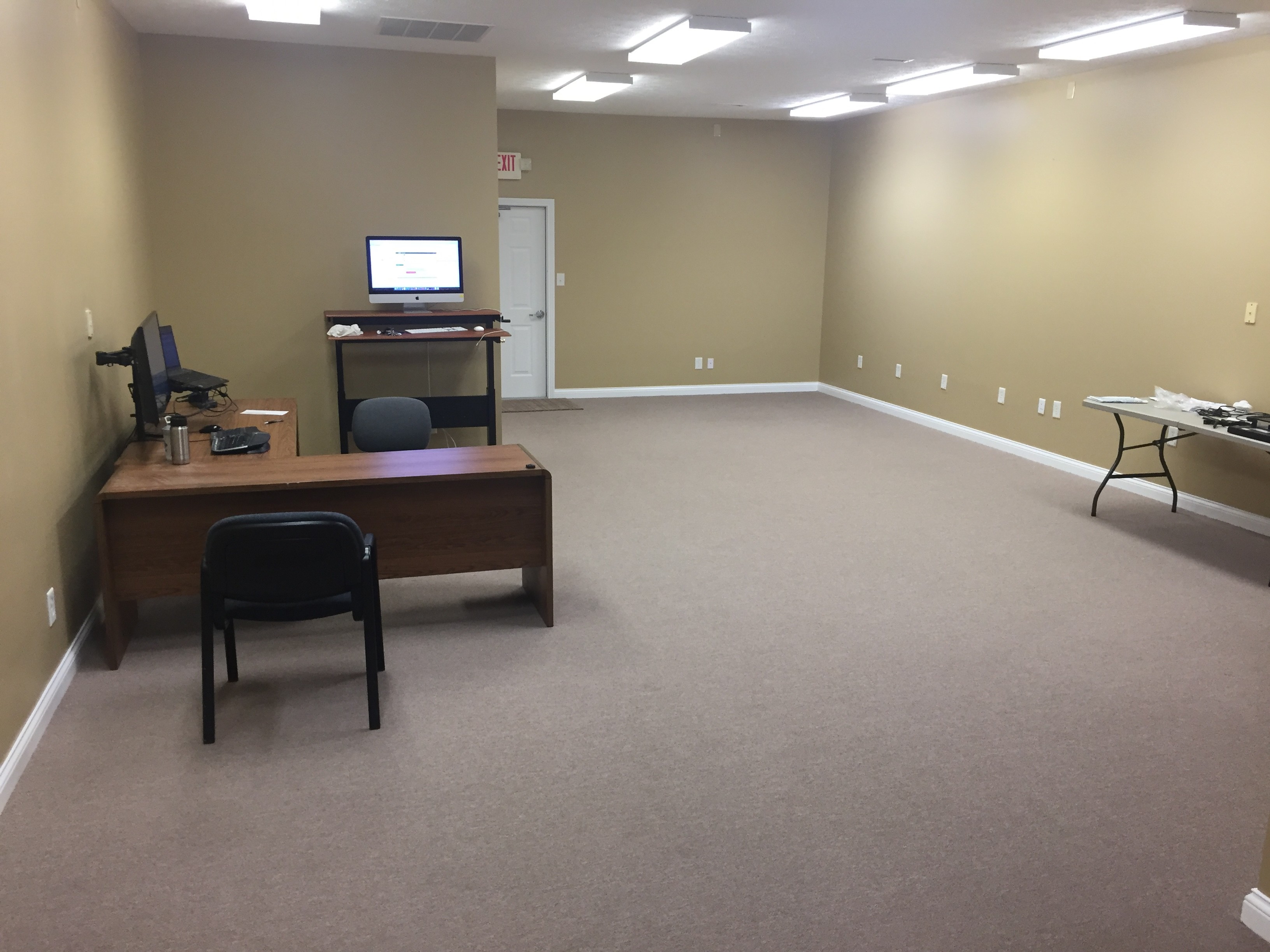In July of 2022, I officially resigned from my position as Discipleship and Connections Pastor at a church in northeast Ohio and officially accepted the opportunity to serve as the Business Development Specialist / Relationship Builder for C2IT Consulting.
Myriad reasons contributed to this career shift – burnout, culture, a desire to focus on family, and the ability to move back to the west side of Indianapolis to name a few. The surprise came as I transitioned from pastoral ministry to the business world and the lessons I’ve learned along the way. Here are a few of the lessons that have stood out to me.
1. Relationships are Still the Key Ingredient
Considering the shift from ministry to business development was terrifying. I had spent 25 years serving in the local church, and to be honest, I was concerned I would not be able to sell anything. Could I do this job? Did my people skills transfer into a sales role? The words of our President, Chet Cromer, still echo in my mind as I shared with him my fear of being a failure as a sales rep. “No one likes a sales guy,” he said, “You’ve always loved and valued people, and I just want you to do that with my logo on your chest. The rest will take care of itself.”
I’ve learned that relationships are the most important part of business. People are far more likely to purchase your commodity or service if they know, like, and trust you. In much the same way as a pastoral role, for growth and partnership to happen, trust and open communication have to be the foundation. Authenticity, familiarity, genuine care, attention, and looking out for others are the building blocks for real relationships to be formed. When those relationships are built, then mutual understanding and business synergy become far simpler.
2. Hard Work and Hustle are Still the Secret Sauce
Ministry can be a hard road. Shepherding a group of people, leading others, discipling students, and managing volunteers is a never-ending mountain of work. Being lazy in ministry will lead to unfulfilled tasks, blurred boundaries, and disillusioned volunteers. In the same way, being a relationship builder requires hard work, being a self-starter, and determination.
From the outside, it may look like a lot of lunches and coffee meetings, but it’s a constant stream of meeting new people, making first impressions, following up with folks you’ve met, and touching base with those you are working with or seeking to work with. To be successful, it requires hustle, determination, and grit.
3. Teamwork Still Makes Everything Better
Being part of a ministry team can be awesome, especially when you are aligned with a similar vision and clear expectations. When you bring a group of diverse people together to achieve a common goal, each member of the team contributes their own unique talents and gifting, which make the team even more impactful.
In business, teamwork leads to happier clients. We often note that hiring your own IT person sounds great, except for the fact you pay them a hefty salary and you get one person who has one set of skills and knowledge. Hiring an IT Partner means you get a team of people with diverse viewpoints, vast knowledge, and varied areas of focus. Teams can just accomplish more, and they can sharpen each other for constant growth.
4. Balance and Boundaries are Clearer
The most stark difference between pastoral ministry and business development are the clearer boundaries. Ministry never shuts off. There is always something else to do, another person to call and check on, another hospital visit to make, or another text to answer. Family time is hard to come by because there are weekend responsibilities, evening responsibilities, meetings all over the calendar, and the constant buzzing of the phone.
I’ve been incredibly blessed by the clearer boundaries and the focus on balance between work and family in this new role. There is no expectation of availability at all hours of the day, and the constant pressure to meet the needs of everyone in your sphere just isn’t there in the same way. As noted above, hustle and hard work are still important, but there’s a peace in knowing you can close the computer, turn off the phone, and focus on your family without guilt. Some of that may be leadership and culture, but I think much of it comes from a renewed understanding in the business world that balance and family time actually make you a better and more successful teammate.
The transition from full-time ministry to business development has been scary and intimidating, but what I’ve found is that many of my ministry frameworks actually translate well into the world of business. I’m thankful for a leader who saw this in me, took a chance on me, and cares about me not just as an employee, but as a friend. Perhaps the greatest lesson I’ve learned along the way is to be grateful for the people in my life who believed in me even when I didn’t believe in myself. Those are the true friends to cherish in whatever walk of life you may find yourself in at this moment.




Recent Comments